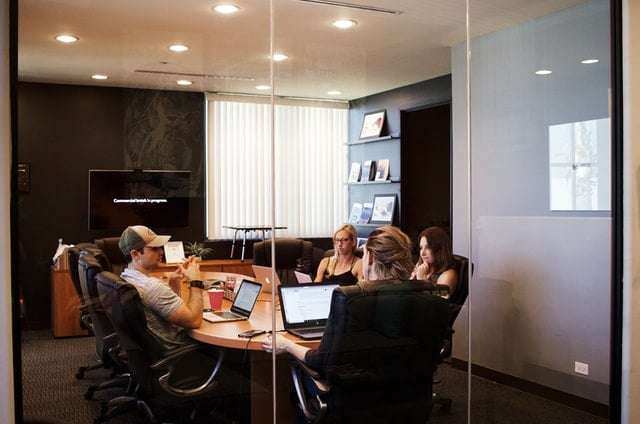Contents
We have all heard, read and seen a lot about the gig economy in recent years. But what is it? Where does it come from? And how could it increase business agility, enhance knowledge sharing and help you create a more agile organization?
Some of the answers to these questions may surprise you…
From New York to New Work
Just like “cool”, “hip” and “the Big Apple”, the term “gig” was first popularized by US jazz musicians of the 1920s. Possibly related to the word “engagement”, it referred to a one-off paid performance (think Duke Ellington and his Orchestra ripping it up at the Cotton Club) and subsequently came to mean any kind of short-term or casual work.
The phrase “gig economy” didn’t crop up until almost a century later, when commentators began using it as shorthand for the growing flexible workforce of temporary, part-time and freelance workers. What makes someone part of the gig economy, according to German neobank, N26, “…is not their background or chosen field, but rather the fact that they work on a short term, project basis, rather than as long term employees of one organization.”
Growth of the gig economy
Unsurprisingly, this labor force has ballooned during the pandemic. According to Forbes, US-based freelancers made up 35 % of the American workforce at the start of 2020, and their month-on-month revenues increased by 11% between April and May and a further 18% in June.
Agile organizations are already using the gig economy to improve their productivity, reduce costs and support growth. Delivery companies and their drivers are one obvious example (although, interestingly, McKinsey has found that some of the earliest adopters were actually in the creative and knowledge-intensive industries).
But what if the concept was extended beyond temporary and freelance workers? What if organizations started taking a “gig” approach to business problems and projects, and how they were allocated internally to permanent employees?
Rethinking how work gets done in your organization
This idea is not as far-fetched as it might sound. Increasingly, employees are being defined in terms of skills rather than roles. Technology has enabled them to operate more flexibly (less time in the office; more time in video calls, at home or on the road). The pandemic has made flexible workforces the norm. The age of “New Work”, first proposed by German-American social philosopher Frithjof Bergmann now looks like it could be a distinct possibility. In this world, people combine gainful employment with other kinds of work they really, really want to do.
Now imagine that you enabled everyone in your organization to collaborate freely with each other according to each person’s specific knowledge and expertise. An employee would post a “gig” opportunity on a digital platform and instantly connect with the colleagues who were best equipped to complete the task, solve the problem or deliver the piece of work.
In this way, gigs would allow employees to do the work they really love doing (as Bergmann envisaged) while at the same time applying their expertise where it’s really needed. Result: more effective problem-solving, increased productivity and much happier employees.
It’s what your workforce wants and needs
How would permanent workforces take to this kind of gig-inspired model? Well, the desire for new forms of collaboration is certainly there. Latest research suggests that 39% of surveyed workers believe their companies and teams can collaborate better.
The need for greater collaboration is also undeniable. In a survey of Starmind customers, 51% said they need help from a knowledgeable colleague at least once a week, whether it’s to answer a quick question, provide a few hours of support or work on a short project. But more than 80% struggle to find colleagues with the right expertise fast enough.
Gigs are the future of work
Have you ever wished your company could operate with the speed and agility of a startup? Have you ever struggled to find the people in your organization who are best qualified to deliver a project? Have you ever wondered how to unlock employees’ knowledge and make sure they get to do work they really love? Gig-based working could be the answer to all your problems.
Want to start applying it in your organization? Sign up to the Starmind Gigs Beta waitlist and join us on our journey to change the future work.



